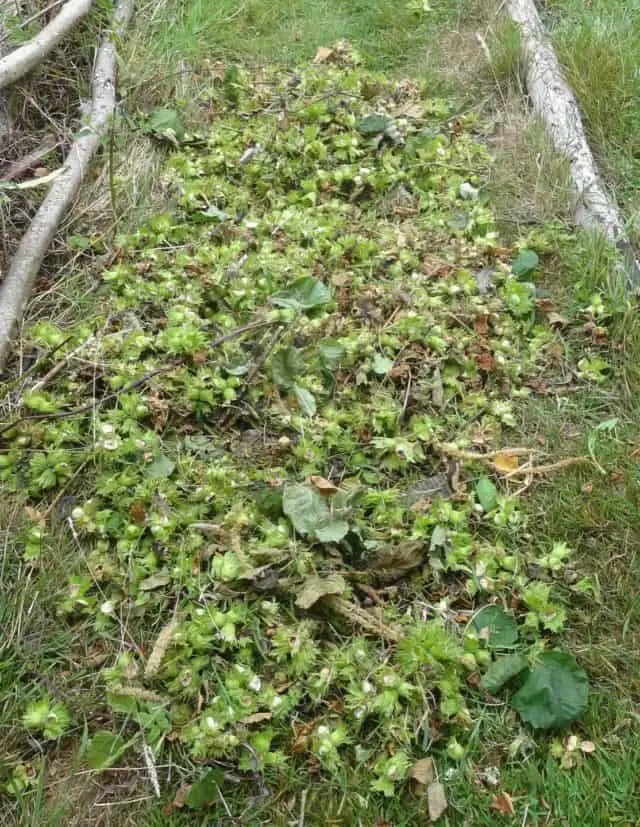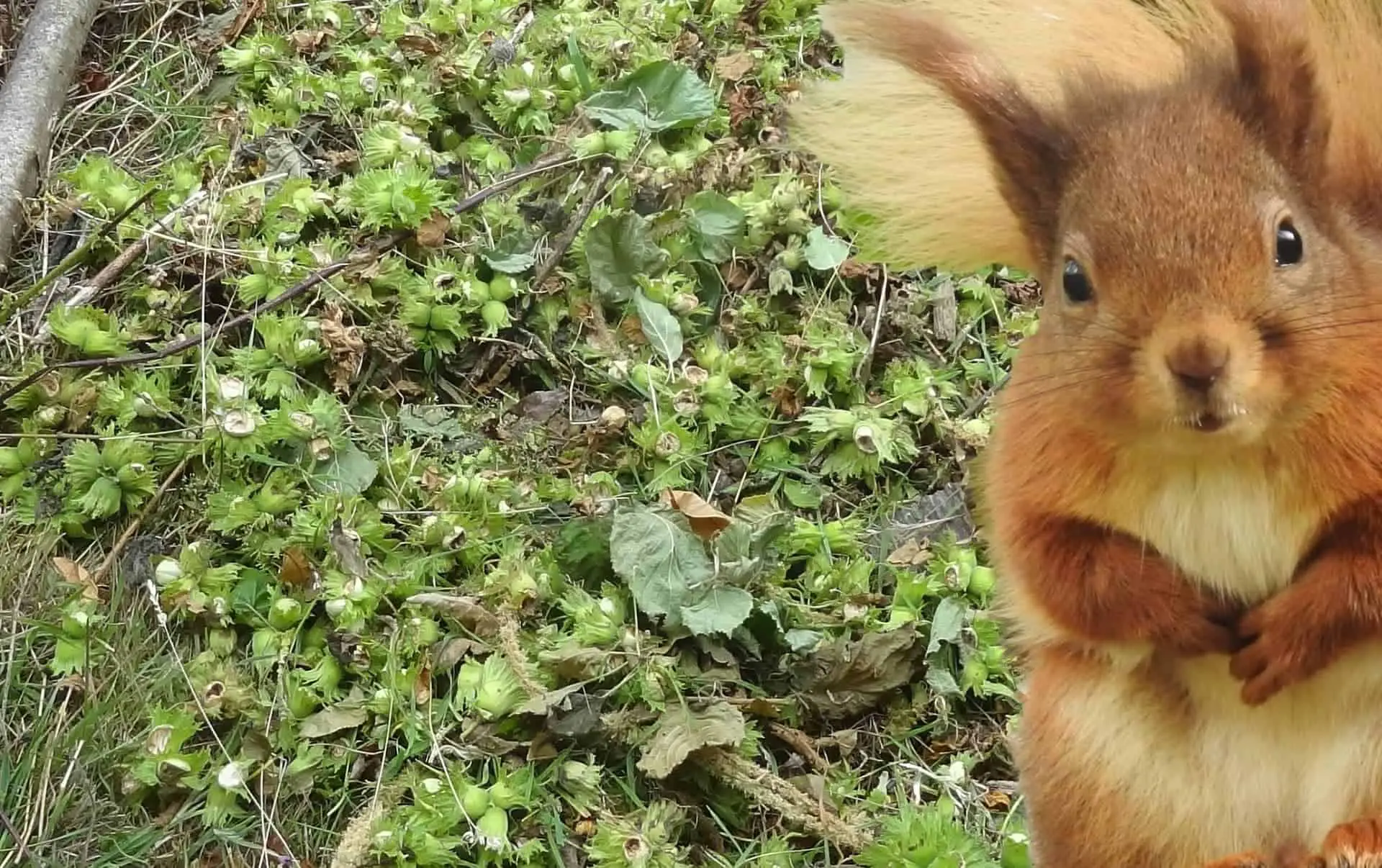News OnTheWight always welcomes a Letter to the Editor to share with our readers – unsurprisingly they don’t always reflect the views of this publication. If you have something you’d like to share, get in touch and of course, your considered comments are welcome below.
This from Angela Hewitt, founder of NatureZones Wildlife Field Study Centre. Ed
How will our Isle of Wight red squirrels survive climate change?
Trees are more than amazing. They can actually send messages to other trees via a fantastic network of mycelium called the micorrhizal network – long thin threads of fungi connecting one tree to another. Some call it the “wood wide web”
Species survival
Through this network trees send and receive distress signals. When a tree senses it is going to die, for example because of drought, it produces lots more flowers and seeds than usual – I call it the propagation gene for posterity. The aim is to naturally sow more seeds for replacement trees to grow.
But what happens if there is a drought the following season? There will be yet another year of the mass seed production, as is happening this year on the Island. Lack of rain means the stems of the “new survival growth” that carries water to the seeds causes the stems and seeds to turn brittle and fall before they come to fruition.
What has this got to do with red squirrels?
The premature fall of seeds (hazel nuts) means no new trees for posterity and because red squirrels eat the ripe hazelnuts while still on the tree it means no food for the red squirrels or indeed the hazel dormouse. A whole year without hazelnuts (food) is a crisis.
This is just one of the many scenarios caused by climate change.
Never seen anything so dramatic
I have been running and developing Naturezones as a nature reserve for 15 years and I have never seen anything so dramatic as that seen in the picture attached.

This pile of nuts pictured is the premature fall from just one hazel tree. Even the crab apples in our crab apple copse are falling prematurely due to lack of rain. So no food in the Autumn for the birds either.
Image: © Red Squirrel y Helen Butler and pile of Hazlenuts by Angela Hewitt





